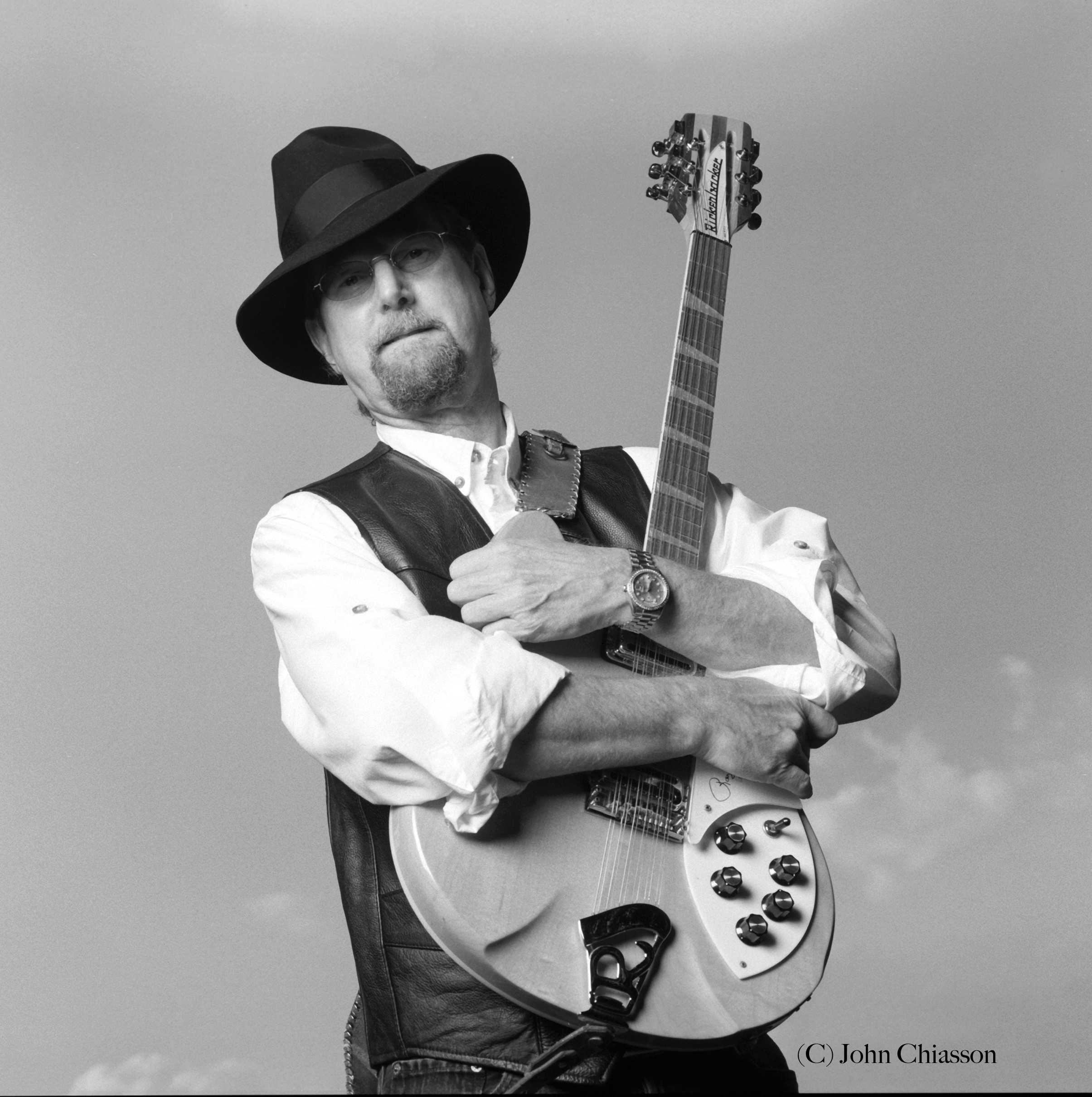 |
| Roger McGuinn |
Of course it was great fun to play with a rock immortal, but we did get a chance to ask him how he got so good at guitar. His answer: "I started practicing 8 hours a day from the age of 15."
Funny that: it was the exact same answer I got when I asked another brilliant local guitarist by the name of Doug Mikula who said: "I practiced about eight hours a day from the age of 12."
This reminded me of a theory espoused by Malcolm Gladwell that essentially says that it takes about 10,000 hours to master anything that requires a high level of skill, whether it involves learning a musical instrument, a foreign language, or even brain surgery.
So, if Roger McGuinn practiced 8 hours a day from the age of 15, that would make him a guitar virtuoso in approximately 3.5 years. What's interesting is that Mr. McGuinn signed his first professional contract at the age of 17, but he had pretty much mastered an original style on banjo and guitar by the age of 19.
I think the moral of the story is one of commitment. Doing anything as difficult as learning an instrument, cutting and suturing human tissue, or hitting a baseball takes a level of discipline and patience that few can muster.
It also explains why I will never be a great guitarist. I picked up the guitar again about 10 years ago after letting my gorgeous Martin D-19 sit in a closet for 30 years. I play at most an hour a day--usually less, because I get frustrated by fingers' lack of obedience to what my brain tells them to do. I don't have the patience to practice 8 hours a day--it would drive me insane.
By that reckoning, I've practiced about 3,000 hours over the last 10 years. At that rate, it will take me another 24 years to become a virtuoso guitarist. By that time I will be in my 80s and my fingers will probably have become gnarly arthritic stumps.
However, if you believe in the 10,000-hour rule, it can give you hope that you can accomplish anything if you love it enough to put in the time. Writing is about the only thing that I've done for more than 10,000 hours, and it's worked out okay for me.